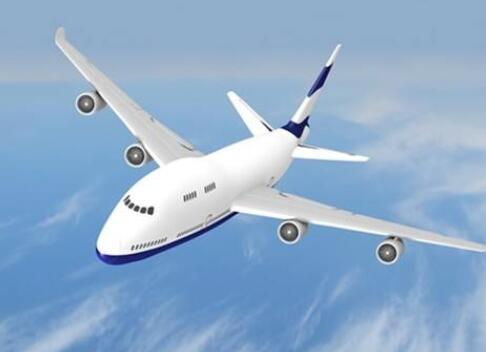Because of its huge potential and special business habits, the Middle East has always been a market full of temptation and mystery for Chinese enterprises. The purchasing power of Middle East countries is slightly higher than that of the general Asian countries. The price of the same products in the region remains basically between 6% and 30% and the target and product category positioning. Trade covers 1.3 billion people.

According to statistics from the International Monetary Fund, trade growth in the Middle East and Asia has further accelerated, driven by the improvement of the world economy. Transportation capacity in some parts of the Middle East has increased by 7%.
In the field of air cargo, the International Air Transport Association recently released the latest data of the global air cargo market in March 2019. It can be seen that in March this year, the global air cargo demand grew by only 0.1 percentage points, while the Middle East market grew by 1.3% year-on-year. In terms of capacity, the international market capacity increased by 1.3% year-on-year. The growth rate was 3.1%, and that of the Middle East was 3.8% year-on-year. In the past 12 months, capacity growth has exceeded demand growth for 11 consecutive months. Under the influence of seasonal adjustment factors, the demand for international air cargo in the Middle East region will show a short-term downward trend. Of course, with the further relaxation of the U.S. foreign trade policy on international air cargo and the implementation of the tariff reform bill in the near future, the freight volume will be effectively increased in the future, and the form of the Middle East air cargo market will be stable as a whole.
Take the United Arab Emirates and Dubai for example: Dubai boasts the first port of entry and exit in the Middle East, with tens of thousands of containers passing through Dubai's transit every day. Businessmen from 120 countries around the world. Last year, International Airport passenger flow reached 88.8 million. The main imports of the UAE are grain, machinery and consumer goods. At the same time, it has trade contacts with more than 100 countries and regions, signed bilateral trade agreements with more than 40 countries and avoided double taxation agreements. At the same time, with the rise of the Middle East electricity supplier and the promotion of China's 'one belt and one way' strategy, China's advanced e-commerce enterprises and cross-border electricity supplier logistics enterprises have developed rapidly in the Middle East, and the future international market environment in the Middle East will become clearer.
Yibang (Shenzhen) International Logistics Co., Ltd. is a diversified international logistics company, headquartered in Shenzhen, with branches in more than a dozen cities and ports at home and abroad, such as the United Arab Emirates, Saudi Arabia, Bahrain, Oman, Kuwait, Kenya, Morocco, Guangzhou, Shanghai, Ningbo, Yiwu, Tianjin, Xiamen, Qingdao, etc. Institutions. Yibang Logistics recently launched Moroccan special line logistics. If you need more details, please call: 0755-82143464.